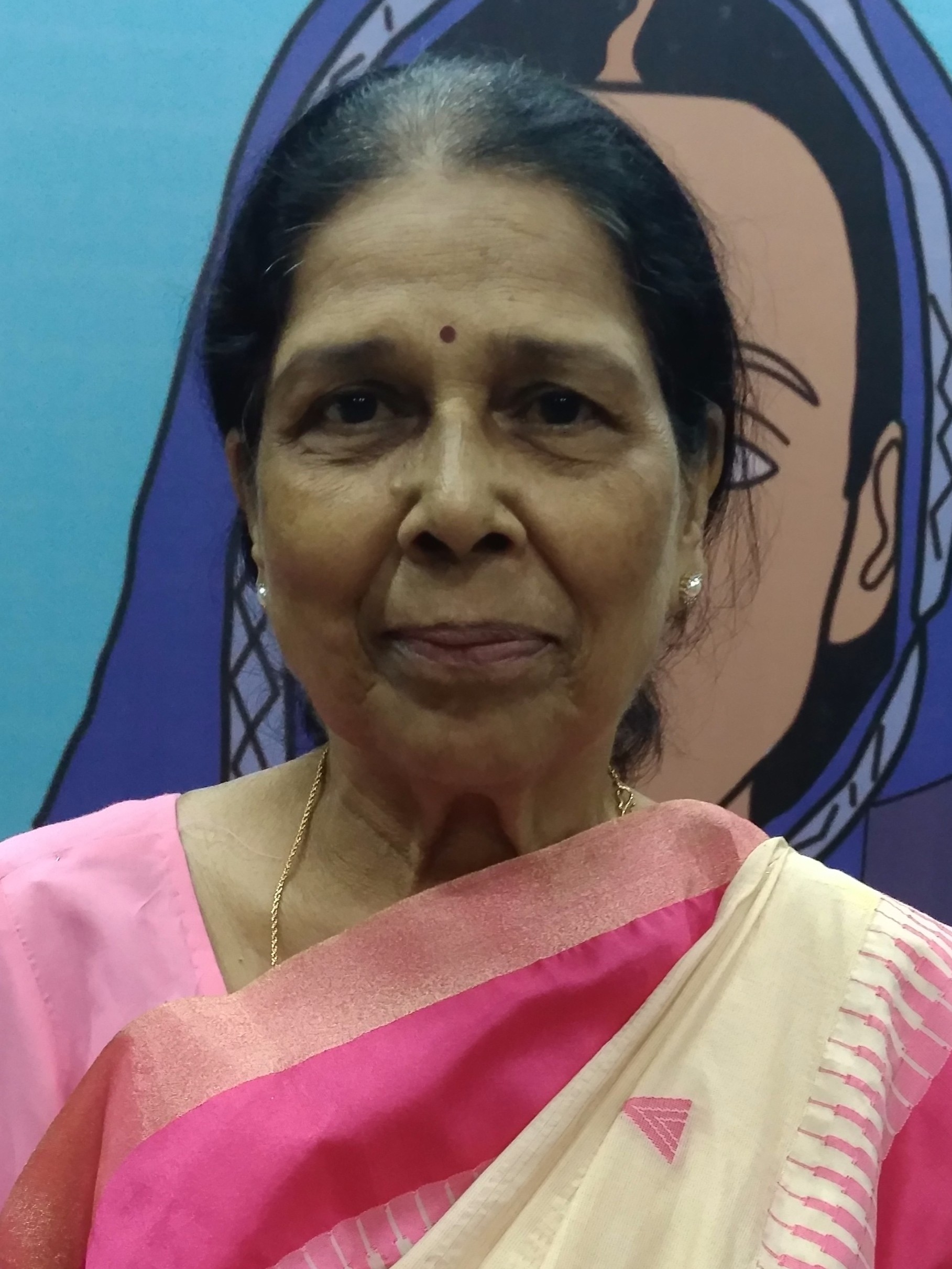Urmila Pawar on:
[Wikipedia]
[Google]
[Amazon]
 Urmila Pawar is an Indian writer and activist in the
Urmila Pawar is an Indian writer and activist in the
 Urmila Pawar is an Indian writer and activist in the
Urmila Pawar is an Indian writer and activist in the dalit
Dalit (from sa, Óż”Óż▓Óż┐Óżż, dalita meaning "broken/scattered"), also previously known as untouchable, is the lowest stratum of the castes in India. Dalits were excluded from the four-fold varna system of Hinduism and were seen as forming ...
and feminist movements in India and her works, all of which are written in Marathi language
Marathi (; ''Mar─üß╣Łh─½'', ) is an Indo-Aryan language predominantly spoken by Marathi people in the Indian state of Maharashtra. It is the official language of Maharashtra, and additional official language in the state of Goa. It is one of t ...
, have often been hailed as a critique of social discrimination and the ''savarna
''Savarna'' is a genus of Southeast Asian cellar spiders that was first described by B. A. Huber in 2005.
Species
it contains ten species, found only in Indonesia, Malaysia, and Thailand:
*''Savarna bannang'' ŌĆō Yao & Li, 2020 ŌĆō Thailand
* ...
'' exploitation by commentators and media outlets.
Pawar's short stories including "Kavach" and "A Childhood Tale" are widely read and form the part of the curriculum at various Indian universities. Her documentation with Meenakshi Moon on the participation of dalit women was a major contribution to the construction of dalit history from a feminist perspective in India.
Pawar's autobiography ''Aidan'' (''Weave''), which was one of the first of its kind account by a dalit woman, won her acclaim and numerous accolades. The book was later translated into English by Maya Pandit and released under the title ''The Weave of My Life: A Dalit WomanŌĆÖs Memoirs''. Wandana Sonalkar has written the foreword for the book.
Career
Early life and education
Pawar was born in 1945 in Adgaon village of Ratnagiri district in the Konkan district of Bombay Presidency (now the state of Maharashtra). When she was 12 years old, she and her family converted to Buddhism along with other members of their community afterB. R. Ambedkar
Bhimrao Ramji Ambedkar (14 April 1891 ŌĆō 6 December 1956) was an Indian jurist, economist, social reformer and political leader who headed the committee drafting the Constitution of India from the Constituent Assembly debates, served ...
called for people from the Dalit community to renounce Hinduism.
She has described how her community lived in the centre of the village, unlike Dalit communities elsewhere in the Presidency that were usually expected to live at the periphery. Her father was a teacher in a school for untouchable children. She has also noted that her father neither participated in the Mahad Satyagraha
Mahad Satyagraha or Chavdar Tale Satyagraha was a satyagraha led by B. R. Ambedkar on 20 March 1927 to allow untouchables to use water in a public tank in Mahad (currently in Raigad district), Maharashtra, India. The day (20 March) is observed ...
organised by Ambedkar nor inter-dining arranged by Vinayak Damodar Savarkar
Vinayak Damodar Savarkar (), Marathi pronunciation: ŗina╦Éj╔Ök sa╦É╩ŗ╔Ö╔Šk╔Ö╔Š also commonly known as Veer Savarkar (28 May 1883 ŌĆō 26 February 1966), was an Indian politician, activist, and writer.
Savarkar developed the Hindu nationali ...
, although her elder sister, Shantiakka, often missed school to attend the inter-dining lured by sweet delicacies served there.
''Aaidan'' (''The Weave of My Life: A Dalit WomanŌĆÖs Memoirs'')
''Aaidan'' her autobiography written in Marathi has been translated into English and titled as ''The Weave of My Life: A Dalit WomanŌĆÖs Memoirs''. In her foreword to the English translation, Wandana Sonalkar writes that the title of the book ''The Weave'' is a metaphor of the writing technique employed by Pawar, "the lives of different members of her family, her husband's family, her neighbours and classmates, are woven together in a narrative that gradually reveals different aspects of the everyday life of Dalits, the manifold ways in which caste asserts itself and grinds them down"Awards and accolades
Pawar won the Laxmibai Tilak award for the best published autobiography given by the Maharashtra Sahitya Parishad (Maharashtra Literary Conference), Pune for ''Aaidan''. Pawar rejected the award. In a letter to the Parishad, she explained that the intent to start the programme with a prayer to goddess Saraswati indicated an attempt to project symbols and metaphors of a single religion. She questioned why such ideas should be present in Marathi literature. Pawar was also awarded the Matoshree Bhimabai Ambedkar Award by the Sambodhi Pratishthan in 2004 for her work in the fields of literature and activism.References
{{DEFAULTSORT:Pawar, Urmila 20th-century Indian women writers 20th-century Indian writers 1945 births Living people Marathi-language writers Women writers from Maharashtra People from Ratnagiri district Indian autobiographers Indian women non-fiction writers Women autobiographers Indian Buddhists Converts to Buddhism from Hinduism Dalit women writers Dalit writers